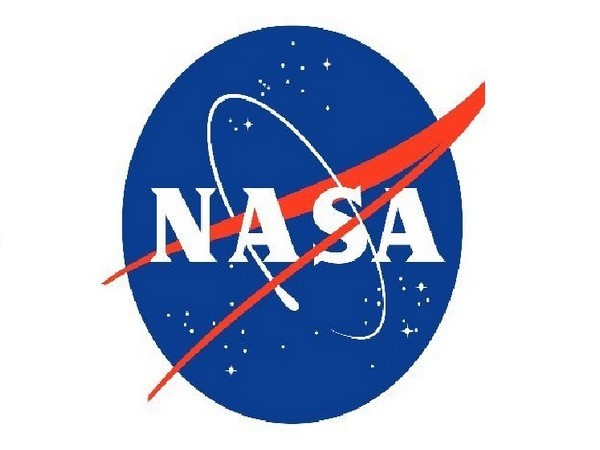Science News Roundup: Geologists uncover 'treasure trove' of dinosaur tracks in Poland; Russia hopeful of space rides from NASA to ISS from 2022 - agency head and more
It is administering an experimental formula donated by global animal health company Zoetis Inc to its 10 most susceptible animals, zoo director Ignacio Idalsoaga said. Russia hopeful of space rides from NASA to ISS from 2022 - agency head Moscow expects NASA to start taking cosmonauts to the International Space Station again and is hopeful that cooperation can resume next year, the head of the Russian space agency was quoted as saying on Wednesday.

Following is a summary of current science news briefs.
Geologists uncover 'treasure trove' of dinosaur tracks in Poland
Hundreds of dinosaur footprints, so well-preserved that even the scaly skin can be seen, have been found in Poland, giving an insight into a complex ecosystem around 200 million years ago, geologists said. Described by the Polish Geological Institute-National Research Institute as a treasure trove, the fossilised tracks and bones were found in an opencast clay mine in Borkowice, 130 km (80 miles) south of Warsaw.
Russia hopeful of space rides from NASA to ISS from 2022 - agency head
Moscow expects NASA to start taking cosmonauts to the International Space Station again and is hopeful that cooperation can resume next year, the head of the Russian space agency was quoted as saying on Wednesday. Russia has been the only country capable of delivering people to the ISS since 2011, when the U.S. space agency retired its space shuttle and divert resources towards deeper space exploration.
Ground control to Maezawa: SoftBank's Son speaks to orbiting protege
SoftBank Group Corp founder and CEO Masayoshi Son said he spoke by phone to fashion magnate and protege Yusaku Maezawa, who is currently on a trip to the International Space Station. "Maezawa called my mobile but it cut out!! I tried to call him back but he was out of range," Son posted to his 2.9 million Twitters followers late on Wednesday.
Omicron thrives in airways, not lungs; new data on asymptomatic cases
The following is a summary of some recent studies on COVID-19. They include research that warrants further study to corroborate the findings and that has yet to be certified by peer review. Omicron multiplies faster in airways, slower in lungs
Zoo in Chile tests experimental COVID vaccine on lions and tigers
At the Buin Zoo on the outskirts of Chilean capital Santiago, a veterinarian sporting a tiger-striped face mask administers an experimental COVID-19 vaccine to a tiger in a cage, as another zoo worker feeds the animal chunks of raw meat via a pair of long tongs. The Buin Zoo, like others around the world, is looking to keep its animals safe from the coronavirus. It is administering an experimental formula donated by global animal health company Zoetis Inc to its 10 most susceptible animals, zoo director Ignacio Idalsoaga said.
(This story has not been edited by Devdiscourse staff and is auto-generated from a syndicated feed.)
ALSO READ
Economic Pulse: U.S. Growth Accelerates Amid Election Heat
Global Markets on Edge: U.S. Elections and China's Economic Moves
Taiwan Tensions: Trump's Potential Impact on U.S.-China Relations
Canada-India Tensions Rise: Sensitive Details Leaked to U.S. Media
IAEA Head Highlights Nuclear Law’s Role in Global Security, Safety, and Non-Proliferation at U.S. Workshop










